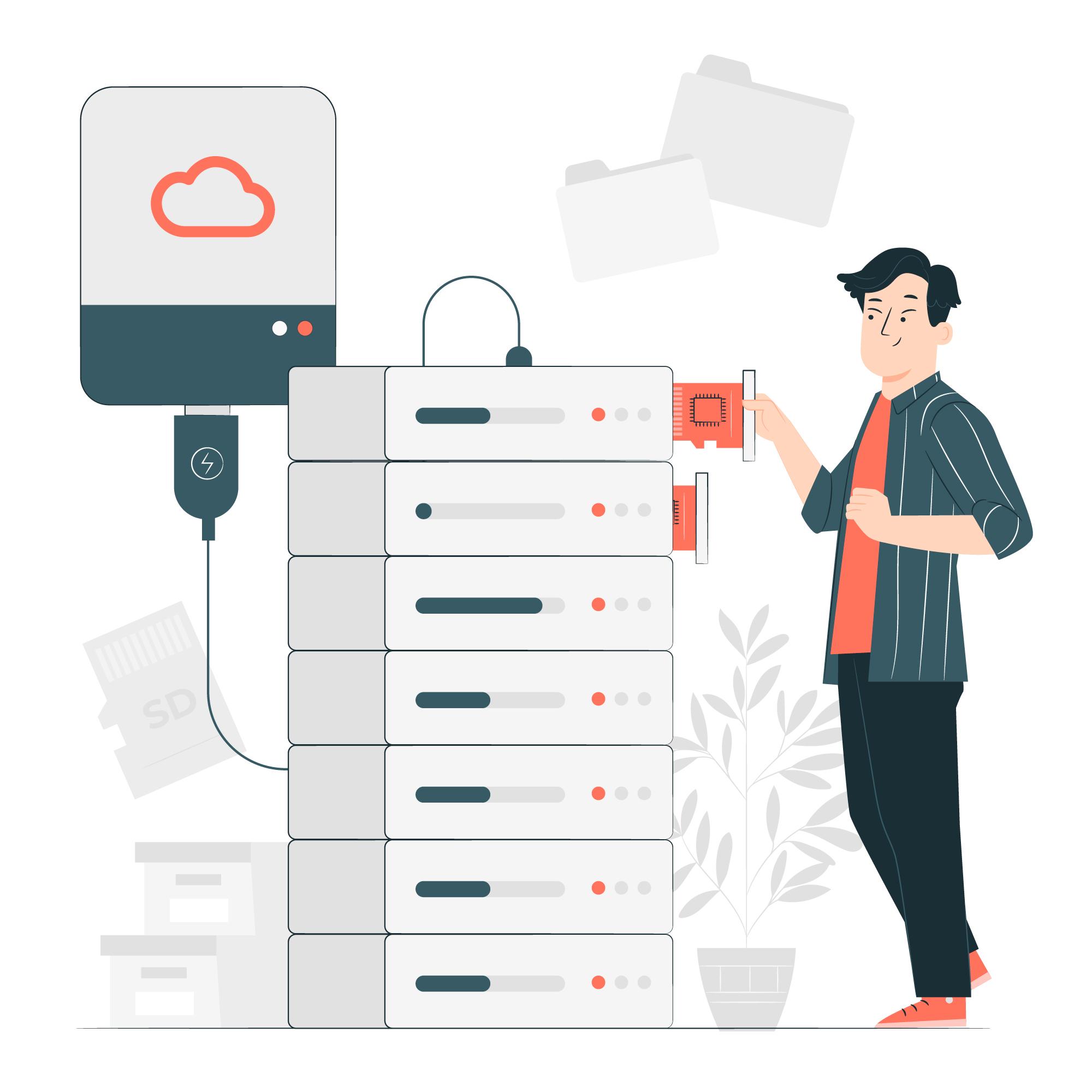The Top Benefits of Moving to Cloud Storage for Small Businesses and Home Users
As digital transformation continues to drive businesses and households toward more efficient solutions, moving from on-premise storage to cloud storage has become an essential step. Cloud storage offers significant advantages over traditional on-premise storage, making it an increasingly popular choice for small businesses and home users alike. In this blog post, we’ll explore the key benefits of transitioning to cloud storage and how it can improve efficiency, security, and cost-effectiveness.
1. Cost Savings
One of the most significant benefits of cloud storage is the potential for cost savings. On-premise storage requires a substantial initial investment in hardware, as well as ongoing maintenance, power, and cooling costs. In contrast, cloud storage operates on a subscription-based model, allowing users to pay only for the storage they need. This flexibility not only reduces upfront expenses but also minimizes the costs associated with maintaining and upgrading hardware over time. Additionally, businesses can allocate these saved resources toward other growth-oriented activities.
2. Scalability & Flexibility
Cloud storage offers unparalleled scalability, allowing small businesses and home users to increase or decrease their storage capacity based on their current needs. As data requirements change, cloud storage can be scaled up quickly to accommodate growth or adjusted down to save costs during slower periods. This kind of flexibility is particularly beneficial for small businesses with fluctuating data needs or home users who manage large media libraries or personal projects. Unlike traditional on-premise storage, which requires the purchase and installation of additional hardware, cloud storage can be adjusted in a matter of minutes.
3. Enhanced Security & Data Protection
Many small businesses and home users believe that keeping data on-premise is safer. However, cloud providers often offer advanced security features that are difficult to implement on local servers. Cloud storage solutions typically include encryption, multi-factor authentication, firewalls, and 24/7 monitoring, all of which ensure that data is well-protected from cyber threats. Additionally, cloud providers have redundancy measures, which means data is stored across multiple locations, reducing the risk of data loss due to hardware failure, natural disasters, or other unforeseen events.
4. Remote Access & Collaboration
The shift to remote work and flexible working arrangements has made cloud storage a must-have for small businesses and home users. With cloud storage, data can be accessed from any device with an internet connection, allowing for seamless collaboration among team members, regardless of their location. This is especially useful for home users who may need to access personal files from different devices, such as desktops, laptops, and smartphones. Cloud storage ensures that users always have the latest version of their files, reducing confusion and improving overall productivity.
5. Automatic Backups & Disaster Recovery
Cloud storage provides automatic backup features that simplify the process of data protection. Unlike on-premise storage, where backups must be manually scheduled and managed, cloud storage automates this process, ensuring that data is regularly backed up without user intervention. This is particularly valuable for small businesses and home users who may not have the time or technical knowledge to handle manual backups. In the event of a data loss incident, cloud storage offers robust disaster recovery options, allowing users to restore their data quickly and efficiently.
6. Improved Performance & Speed
Cloud storage solutions are designed for high performance, providing faster access to data than traditional on-premise servers. With cloud infrastructure spread across global networks, users can benefit from faster download and upload speeds, making file retrieval more efficient. This improved speed is particularly beneficial for small businesses that handle large files, such as design projects, videos, or databases. Home users will also appreciate faster access when streaming media or transferring large files between devices.
7. Reduced Maintenance & IT Burden
Managing on-premise storage requires regular hardware maintenance, software updates, and troubleshooting, which can be time-consuming and expensive. By moving to cloud storage, small businesses and home users can reduce their IT burden significantly. Cloud providers handle maintenance, updates, and infrastructure management, allowing users to focus on core business activities or personal tasks without worrying about storage-related issues.
Conclusion
Switching to cloud storage offers numerous benefits for small businesses and home users, from cost savings and scalability to enhanced security and easy access. With cloud storage, users can enjoy greater efficiency, improved collaboration, and better data protection, making it an ideal choice for those looking to streamline their digital storage needs. Whether you’re a small business owner aiming to support growth or a home user seeking better data access and safety, transitioning to cloud storage is a smart move that will provide lasting benefits.
Let’s embrace the cloud and start reaping the advantages today!





